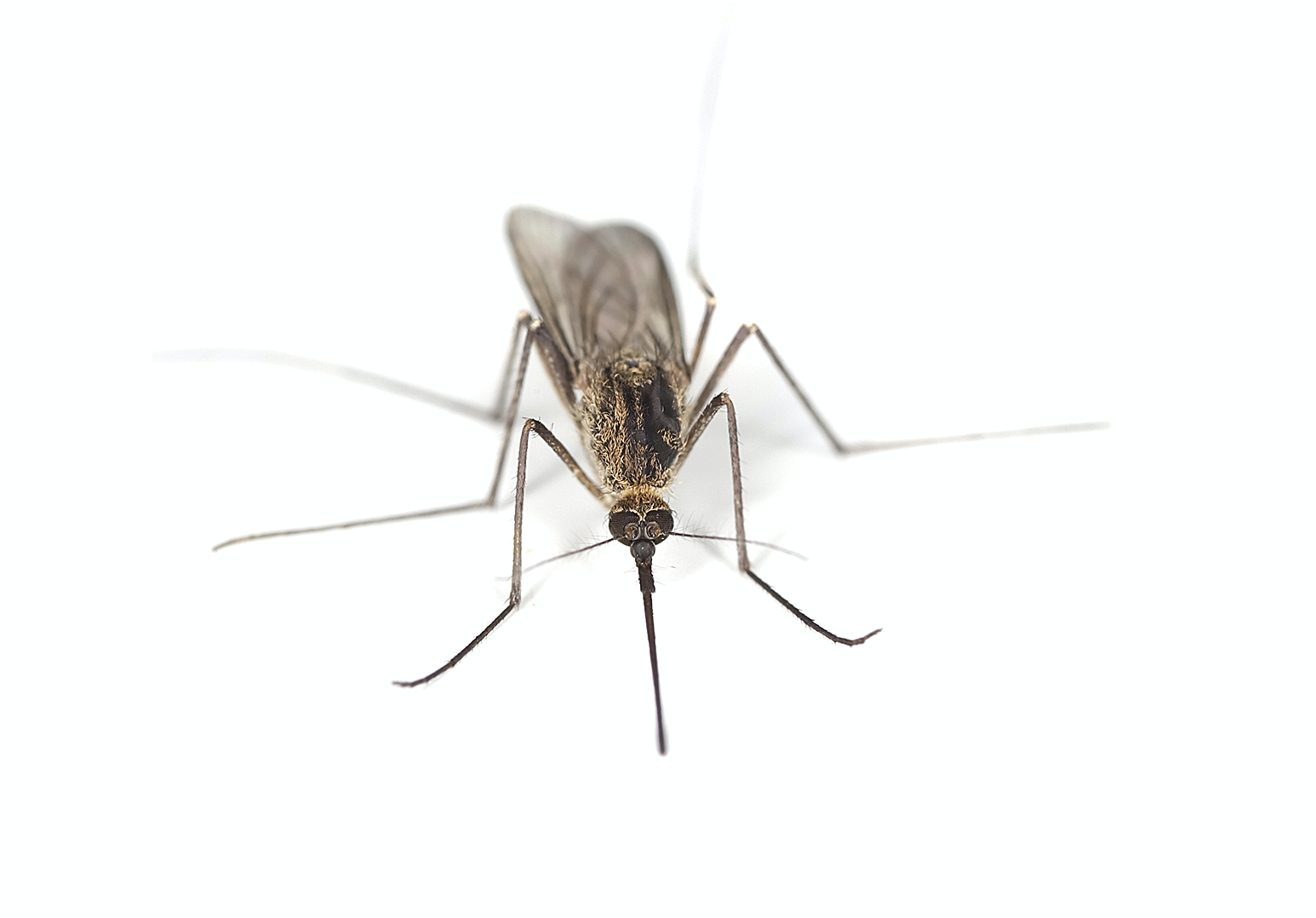UVA team’s dengue fever discovery
Dr. Mariano A. Garcia-Blanco, UVA’s chair of microbiology, immunology, and cancer biology, had been in his new lab for only a week when he and his team released groundbreaking findings on the deadly dengue virus—results that could pave the way for an effective treatment against the illness.
Dengue virus is a mosquito-borne, single positive stranded RNA virus from the flavivirus family. It is usually transmitted between humans and mosquitoes. While typically found in South America, South Asia, and Africa, dengue virus has become increasingly common and has reached the United States in the past two decades.
Garcia-Blanco grew up in the Caribbean, and he and his sister had dengue fever, caused by the virus, when they were young. While Garcia-Blanco had mild symptoms, his sister was very ill.

“The syndrome looks very similar to the flu, like people are really sick for a couple of weeks,” says Garcia-Blanco. “And in severe cases, it can be fatal. It can lead to hemorrhagic fever, shock, etc.”
Humans and mosquitoes can infect each other. If a mosquito bites a human carrying the pathogen, it takes it on, and can pass it to its next drink. “It grows very well in humans, but it also grows very well in mosquitoes,” says Garcia-Blanco. “We’re very far apart species and yet this virus is capable of moving back and forth between mosquito and human.”
The discovery at UVA is a culmination of years of research, and was an international effort. Duke-NUS Medical School spearheaded Garcia-Blanco’s work, which largely took place in Singapore and attracted Ph.D. students from France, the United States, and other places.
Garcia-Blanco and his associates found that the virus has an accomplice. Infected mosquitoes are not just filled with dengue virus cells, but RNAs. “Whenever you get infected with dengue, the virus makes certain proteins, the virus looks like it’s really an RNA genome that looks like one of our messenger RNAs,” he says. “And then it makes a bunch of proteins and those proteins work to inhibit the innate immune system.”
RNA viruses have proved their dangerousness time–and-time again, most recently with the COVID-19 pandemic. “They are a global threat,” says Garcia-Blanco. “If you look at the pandemics of the last 120 years, all the big ones have been caused by RNA viruses.”
All aboard
Polluting planes, trains, and automobiles no more! FlixBus’ “green fleet” has rolled into Charlottesville, offering direct transportation to 12 cities nationwide, including New York, Washington, D.C., and Gainesville.
With only 36 grams of CO2 released per kilometer when traveling by FlixBus, passengers will be doing the environment a solid with every trip they take. (For comparison, trains, cars, and planes release 63, 168, and 231 grams, respectively.) Germany-based FlixBus has partnered with atmosfair, a German nonprofit that offers offsets for greenhouse gases emitted by long-distance buses.
FlixBus tickets can be purchased online, and start at $17.99—the company manages costs by partnering with local, often family-owned, bus companies.

In brief
Shots fired
On April 4, the Charlottesville Police Department responded to a shots fired report near Tonsler Park on Cherry Avenue at around 7:51pm. There were no injuries, but one residence was struck. Anyone with information regarding the shooting should contact Crime Stoppers at 977-4000.
Break in
The CPD received a report on April 7 of a man breaking into the University of Virginia Kappa Delta sorority house on Chancellor Street, and assaulting several residents at around 4:12am. Police intercepted the suspect, 18-year-old Harry Benjamin Sedwick, while he was walking back to his vehicle. Sedwick has been charged with one count of burglary and two counts of aggravated sexual battery.

Mother arrested
Eleanor Hunter Hoppe, a Charlottesville mother of two, has been charged with distribution of child pornography, among other federal charges. On March 20, FBI agents arrested Hoppe, 45, at a Warrenton motel, where she reportedly agreed to meet with a man—an undercover agent she communicated with on a fetish website—to participate in the sexual abuse of who she was told was the man’s 8-year-old daughter, reports The Daily Progress. Hoppe—who has worked for and supported child advocacy organizations, as well as been a victim’s advocate in the Richmond commonwealth’s attorney’s office and a UVA event planner—also allegedly sent the agent images and a video appearing to show minors being sexually abused. Hoppe, who has pleaded not guilty, told police she traveled to the motel to help the 8-year-old, but officers found lubricant, among other items, in her vehicle.






